Does your baby end up in your bed more often than not? No doubt, cuddling with your little bundle of joy in bed seems innocent enough. However, bed-sharing and co-sleeping with a newborn is a controversial topic typically frowned upon in the health community.
While many pediatric physicians discourage sharing the bed with your little one, many families swear by its effectiveness. Every sleep-deprived new mom who has brought their baby into bed for a late-night feeding knows just how easy it is to doze off with their little one in their arms, intentionally or not.
In many cultures around the world, co-sleeping with a baby is completely normal. It’s a natural way to bond with their child, and it also helps ensure that parents can get adequate sleep. Believe it or not, co-sleeping and bed-sharing are quickly becoming a trend in the U.S.
Is co-sleeping with your baby a good idea? There is a host of information on both sides of this topic, which makes it difficult for parents to determine whether it’s okay to share their bed with their baby.
What Does It Mean to Co-sleep With a Newborn?
Co-sleeping can mean different things for different families. Simply put, co-sleeping means sleeping close to your baby. It may be in the same room or the same bed. Here are some ways that families practice co-sleeping:
Sidecar Baby Bed
With this type of sleeping arrangement, one side of the crib attaches to the parent’s bed, typically next to the mother’s side. Each of the three other sides of the crib remains intact. The side attached to the bed is either lowered or completely removed so that the mom can easily access the baby.
Same Room but a Different Bed
The baby sleeps in a bassinet or crib that’s positioned near the parent’s bed in the same room.
The parent brings the child into their bedroom during the night. In situations like this, the baby usually starts by sleeping in their bedroom but eventually moves into the parental bed sometime in the middle of the night.
Bed-sharing
Bed-sharing is the most controversial co-sleeping method as the parents and the infants sleep in bed together.
Benefits of Co-sleeping With Your Baby
While co-sleeping may not be ideal for every family, there are several benefits of co-sleeping with a newborn. Below are a few of the major advantages of co-sleeping:
The Baby Sleeps Better
Did you know that babies experience their best sleep when they are close to their parents? James McKenna, an anthropologist at Notre Dame who has studied infant sleep for over 40 years, revealed that infants need human contact. Being close to their parents is good for their overall physiology.
When the baby stirs in the middle of the night, their mom can pick them up and start nursing them before they have a chance to wake up fully and then put them right back down to sleep.
The mom also can get more sleep. Since the baby is right next to them, they don’t have to go far or even get out of bed, depending on the co-sleeping situation to feed their baby. It’s a win-win.
The Parents Can Closely Monitor the Baby
Worldwide research has shown that parents that co-sleep with their babies are better able to monitor their children. This helps prevent sudden infant death syndrome, entrapment, and other overheating-related infant deaths.
Promotes Good Emotional Health
Co-sleeping offers a variety of psychological benefits. When babies share the bed with their parents or sleep close to them, it enhances feelings of closeness and decreases stress levels. As a result, these babies grow up with high self-esteem and develop strong, healthy relationships with their parents and others.
Why Sharing a Bed With Your Infant Is Unsafe
Ideally, the best place for your baby to sleep is in their bassinet for the first six months or in their crib in the parent’s room for at least the first few months of their life. For some parents, sleeping with their babies is instinctive and protective. However, this practice goes against medical advice.
It’s no secret — most health professionals highly discourage co-sleeping in the same bed as an infant. There has been a long-term link between bed-sharing, accidental strangulation, and Sudden Infant Death Syndrome (SIDS), which is the sudden accidental death of an infant in a sleeping environment. According to some data, the risk of SIDS has been shown to increase from 1 in 46,000 to 1 in 16,400 for an infant that sleeps in a shared bed with their mother.
Health experts rarely discuss the risk factors that increase the likelihood of SIDS — for instance, the risk is especially high for babies that are less than four months old. Also, bed-sharing can be especially risky for infants whose parents drink alcohol, smoke cigarettes, or use drugs such as opioids. Parents that take part in these behaviors are more likely to roll over on their children in their sleep.
Strong evidence shows that premature babies and infants that have parents that are smokers may have potential respiratory problems that make them vulnerable to SIDS.
Since some newborns and infants are more prone to SIDS than others, bed-sharing isn’t the best option for every family. It’s also important to note that these studies on bed-sharing took place well over a decade ago, and many researchers believe that it’s time to reassess the data.
Safe Co-sleeping Is Possible
If you prefer to co-sleep with your baby and share the parental bed with them, there are safe ways you can do this. It is imperative that you adhere to the following safety precautions if you decide to bring your baby into the bed.
Create a Safe Sleeping Space
As a general rule of thumb, never put a baby to sleep on a soft surface — you’ll want to make sure you have a firm mattress. Additionally, you should remove extra blankets, pillows, and sheets off the bed and any stuffed animals that can obstruct breathing. This reduces the chances of the bedding material suffocating the baby.
It’s also a good idea to keep pets, other children, and adults out of the bed. When you’re co-sleeping with a baby, it’s best to limit the bed to just the parent and the baby. In cases where there are two parents in the same bed, both of the parents should sleep on the same side and let the baby occupy the other side of the bed.
Avoid Swaddling the Baby When Bed-sharing
Swaddling is a great way to help your baby sleep, but when you're bed-sharing with your little one, refrain from putting them in a swaddle. You’ll also want to stop swaddling once your baby can roll.
Explore Bed-sharing Products
Fortunately, a host of bed-sharing products on the market make sharing the bed with your newborn safer and much easier. Baby loungers and in-bed bassinets are options worth considering.
Switch to Breastfeeding
Studies show that babies that don’t breastfeed are at an increased risk of SIDS. The breastfeeding engagement between the mother and baby is very important because they both are constantly switching through various sleep stages. As a result, both mother and child sleep lighter and wake easily.
Room Sharing
Room sharing is another relatively risk-free co-sleeping option. Sharing a room is a great alternative to bed-sharing because it allows parents to remain close to their baby overnight. Parents that opt to share their room with their newborns often use a bedside bassinet or a bassinet or a crib that’s positioned directly next to the parent’s bed.
Room sharing significantly decreases the risk of SIDS and other infant sleep-related deaths. Some parents simply share the room with their baby after birth and switch to bed-sharing once they get a bit older.
When Shouldn’t You Bed Share With Your Baby?
There are some instances in which parents should avoid co-sleeping with a newborn in the same bed. According to the experts, you should not bed-sharing with your toddler if:
You Are a Smoker
If you smoked cigarettes during your pregnancy or were frequently exposed to secondhand smoke, avoid bed-sharing with your infant. Nicotine has a significant effect on how a baby’s brain works. This substance damages the receptors in the brain that help the baby learn how to breathe properly, putting your infant at a higher risk of SIDS.
Consumed Alcohol or Drugs
A baby is 18 times more likely to die from SIDS if they are sleeping next to a parent that has been drinking alcohol or that has consumed drugs. It’s even unsafe for parents that take medications that cause drowsiness and share the bed with an infant.
Your Baby Was Born Prematurely
Health professionals highly discourage bed-sharing with babies that were born preterm or had a low birth weight. Infants that have health issues shouldn’t share the bed with their parents. Babies that fall into these categories are much more vulnerable to SIDS.
You Have a Newborn Baby
Co-sleeping with a newborn baby in the bed is unsafe. If you’re considering bed-sharing, you’ll need to wait until your infant is at least four months old. Babies are at high risk of dying from SIDS, overheating, and strangulation within the first few months of birth.
The Bottom Line
Co-sleeping with your baby can be a wonderful experience when done safely. It strengthens the bond between parents and their babies, and it also helps everyone get as much sleep as possible. As your little one grows and becomes stronger, you can adjust co-sleeping methods as you see fit.
Keep in mind that various co-sleeping methods work differently for every family. And with the help of your pediatrician, you can determine how you can best co-sleep with your newborn to ensure that they are comfortable and healthy.




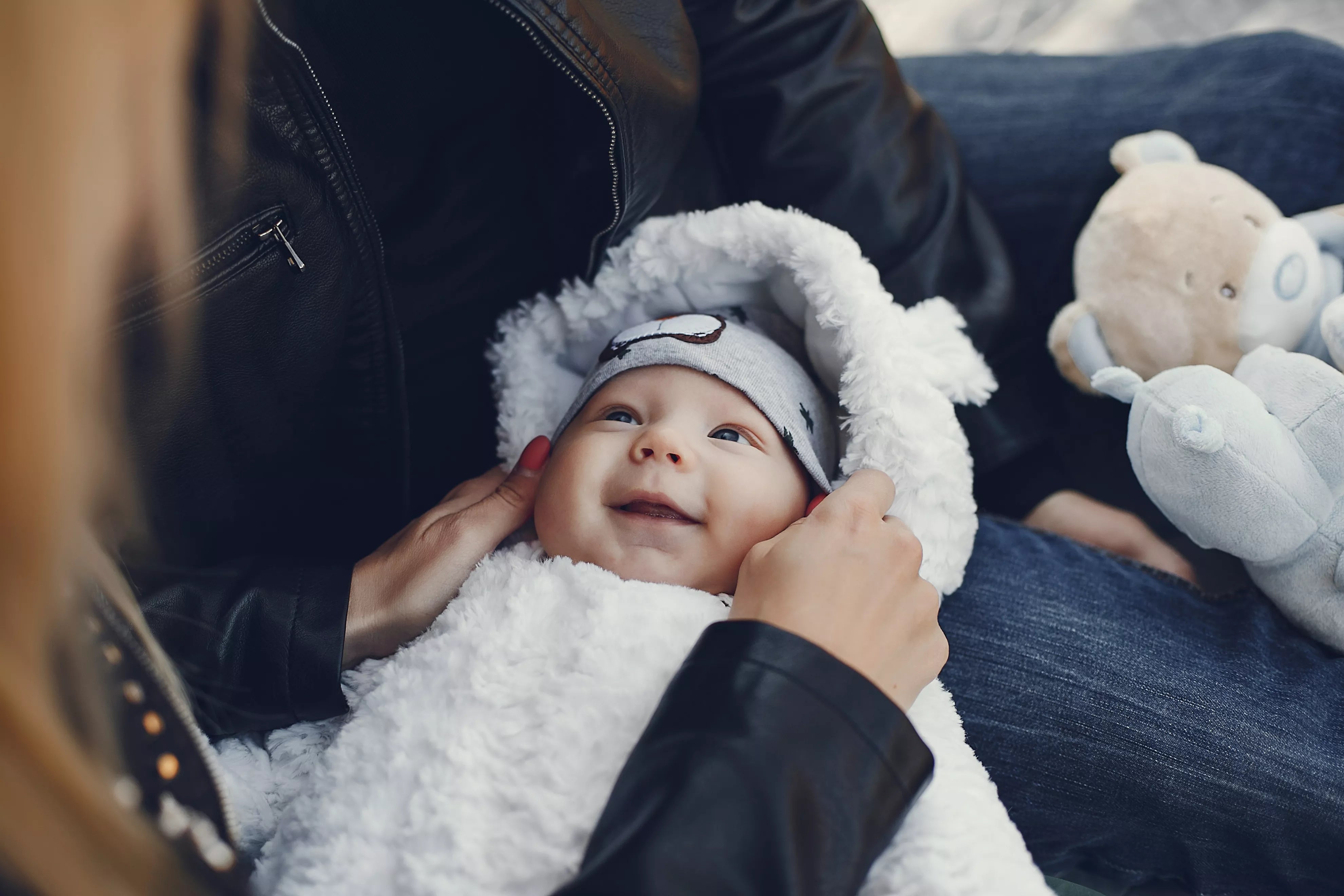
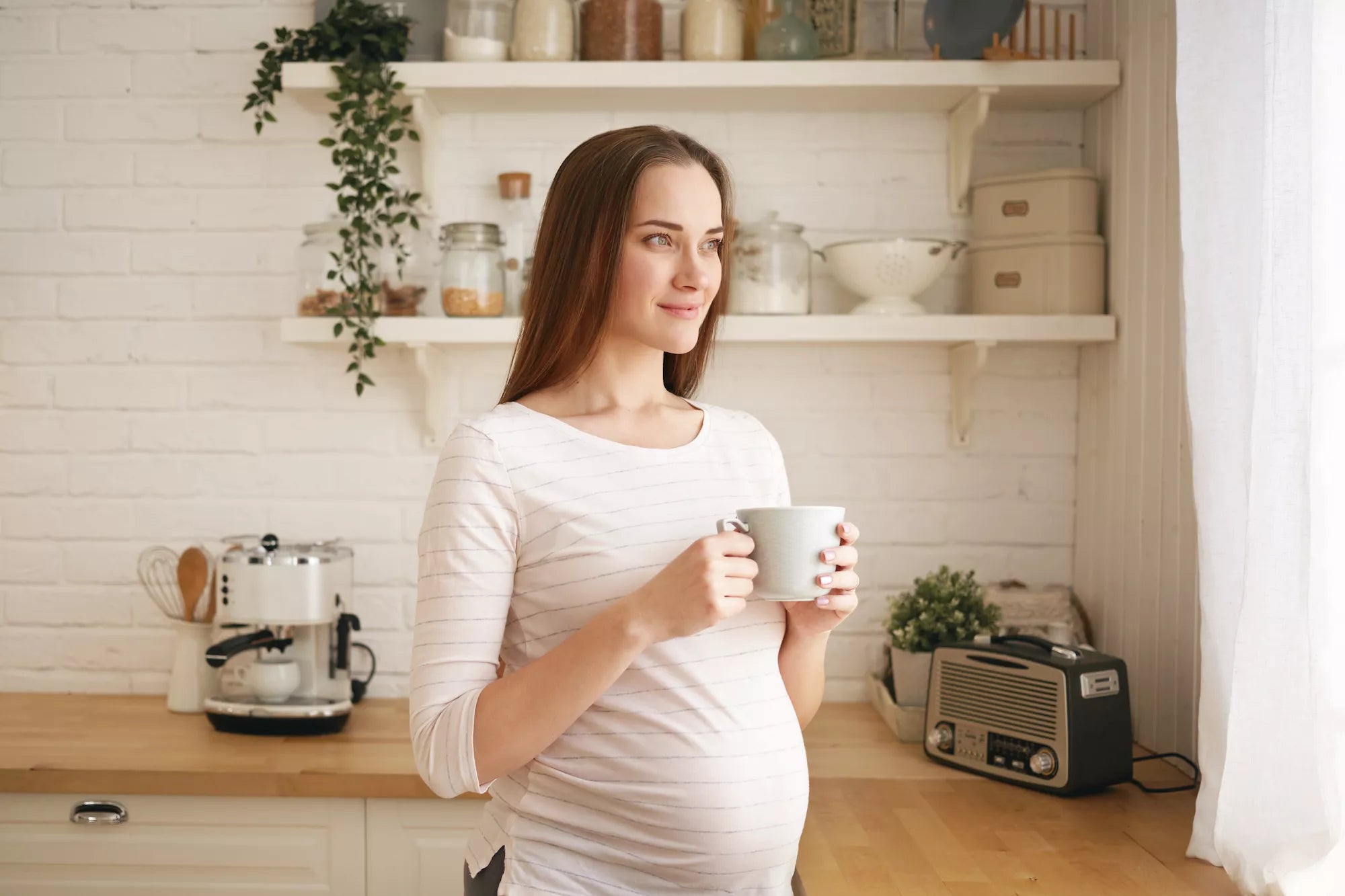



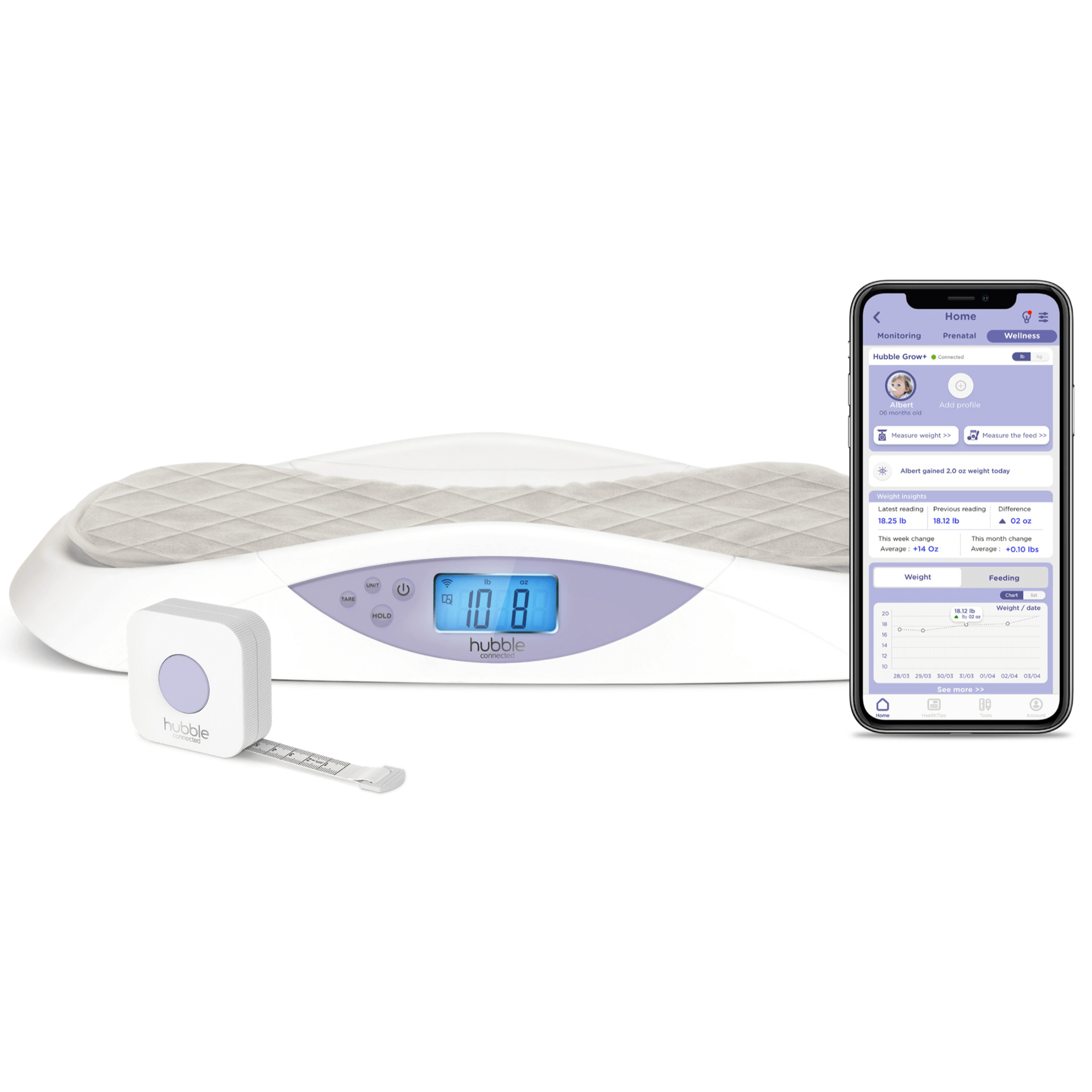
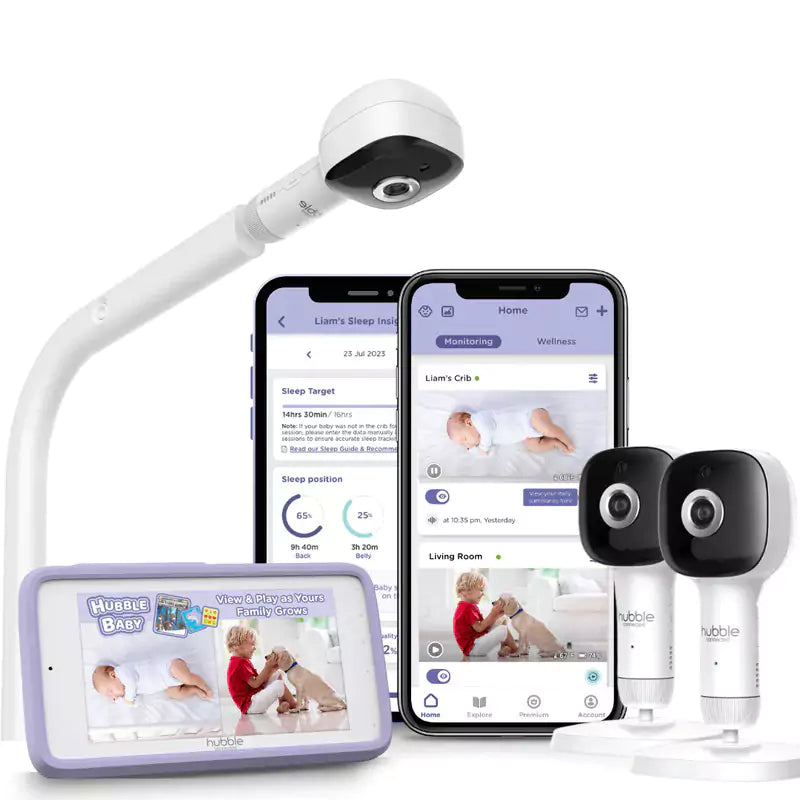
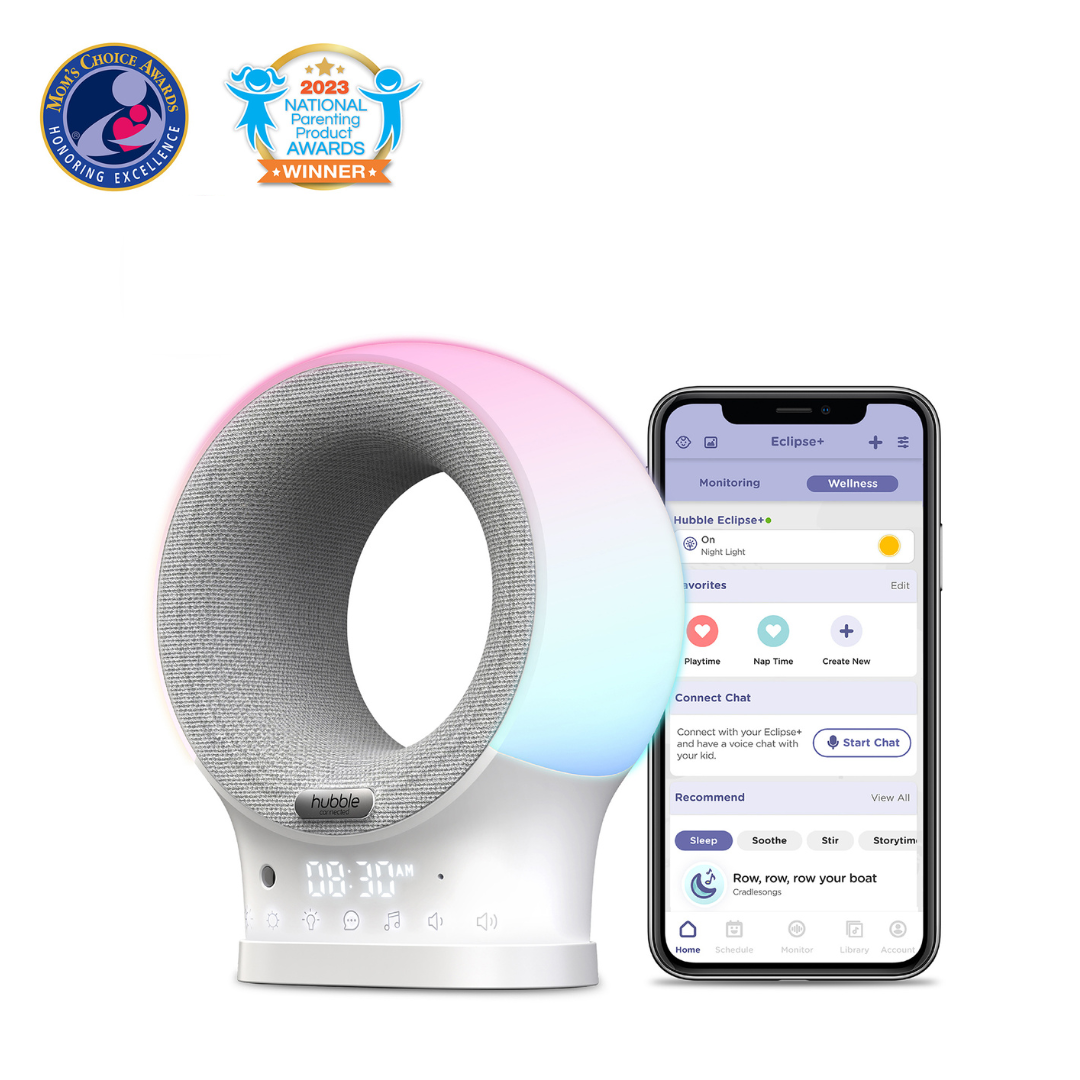

Share: